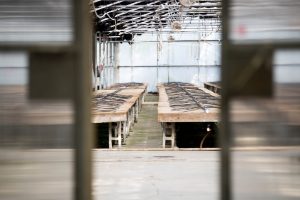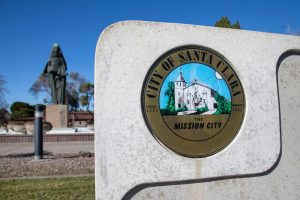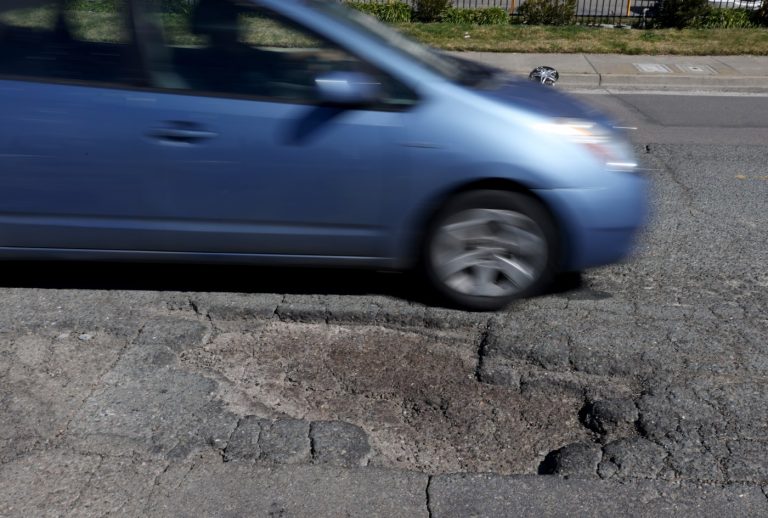BERKELEY — Nearly two hundred restaurants and half of Berkeley’s food facilities did not have a health inspection last year, a problem the city auditor attributes to a shortage of inspectors, according to a report released Wednesday.
The backlog in Berkeley, which is one of four cities in California to run its own health inspection program, is far worse than that of Alameda County, which covers a larger territory, the auditor said.
The Berkeley Food Inspection Program is tasked with oversight of nearly 1,000 facilities, from restaurants to markets, caterers, co-ops and temporary vendors. Last year, 193 restaurants were missed, the report says.
“Meeting their inspection targets is critical to fulfilling their role to protect public health and safety,” City Auditor Jenny Wong wrote.
The audit, initiated last October, reviewed inspection data from 2023 and staffing information from 2019 through 2023. Wong and her team found that a growing number of vacancies in the Environmental Health Division, including leadership roles, meant three full-time inspectors were doing the work of seven to eight people.
Without adequate staffing and reliable program software, city workers were unable to stay on top of inspections or prioritize higher-risk facilities; 184 places with that designation were not properly visited. About 45 percent of Berkeley’s food facilities, mostly restaurants, went without an inspection.
By comparison, the Alameda County Department of Environment Health, which inspects facilities everywhere else in the county, only missed 3 percent of food facilities, according to Wong.
The city was supposed to do 2,203 inspections last year, but only completed 648 — 29 percent — of them, the report said.
Berkeley inspectors were also unable to meet their goal of responding to all alleged foodborne illness complaints within one business day. Of the 23 complaints filed, only six were investigated within that timeframe, the audit found.
Maintaining a state-compliant and fully detailed public facing inspection website has also been a challenge, according to the report. Some facilities that had been inspected were missing from the website, while inspection infractions of other businesses weren’t listed when searched in the portal.
The portal was also missing key information such as re-inspection dates, closure dates and all infraction types, namely improper cooling of potentially hazardous foods, which commonly leads to foodborne illnesses. Also of concern was the division’s inability to provide financial records tracking whether program revenue fell short or surpassed expenses.
“With existing staff pulled to help with other programs across the division, it’s no surprise the food inspection program fell behind. It’s time to staff up the program to ensure food safety in Berkeley,” Wong said in a press release.
The report offers nine recommendations to remedy the various problems. Division leadership either agreed or partly agreed to implement them all, according to responses also contained within the report.
Specifically, division leadership said it’s already begun the work of determining risk designations and the status of last inspections to clear the backlog and help prioritize work moving forward. As of June, the number of food facilities not inspected dropped from 418 to 260, according to the audit response. Once complete, the division plans to draft a plan to prioritize inspections of high-risk facilities, adjusting targets to ensure all of those businesses are inspected at least once annually.
“During periods of especially low staffing, this plan will consider not only how to prioritize inspections within the food facility inspection program to minimize risk to the public, but also how to appropriately prioritize response to the division’s numerous state mandates and local ordinances, keeping the division’s chief focus on the health and safety of the public,” read the division’s response.
Division leadership also agreed to retrain staff on response times to complaints, better track program revenues, better monitor and edit data policy and producers, improve data reporting procedures and criteria and to seek out new software that better aligns with state reporting requirements.
In the meantime, division leadership proposed disabling the public data portal given its lack of adequate and up-to-date information. But Wong said in the report that doing so would be counter to the intent of the audit, which is to bring greater efficacy and transparency to the program.
Maitée Rossoukhi, Berkeley’s public information officer, said in an email Wednesday that significant progress has been made in recruiting, addressing vacancies and addressing the backlog of restaurant inspections. All inspections are expected to be completed by this October, she said, adding that “despite these challenges, our restaurants have maintained safe food quality.”
“The City of Berkley is a globally recognized culinary destination and the safety of the food our residents and visitors enjoy is paramount. While there have been no clusters or outbreaks of foodborne illnesses in any restaurant in Berkeley since 2016, the findings of this audit are concerning and are being actively addressed,” Rossoukhi said. “We are committed to upholding the highest food safety standards until all issues are fully resolved.”












